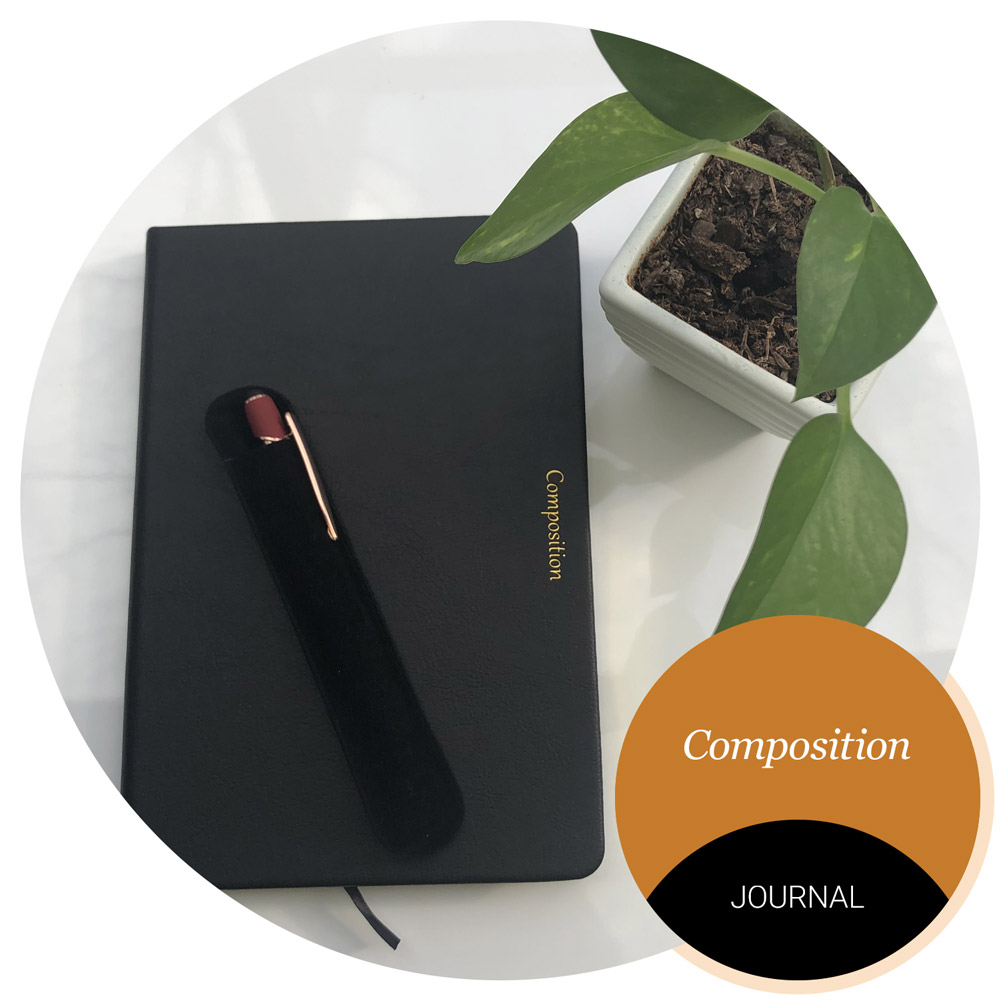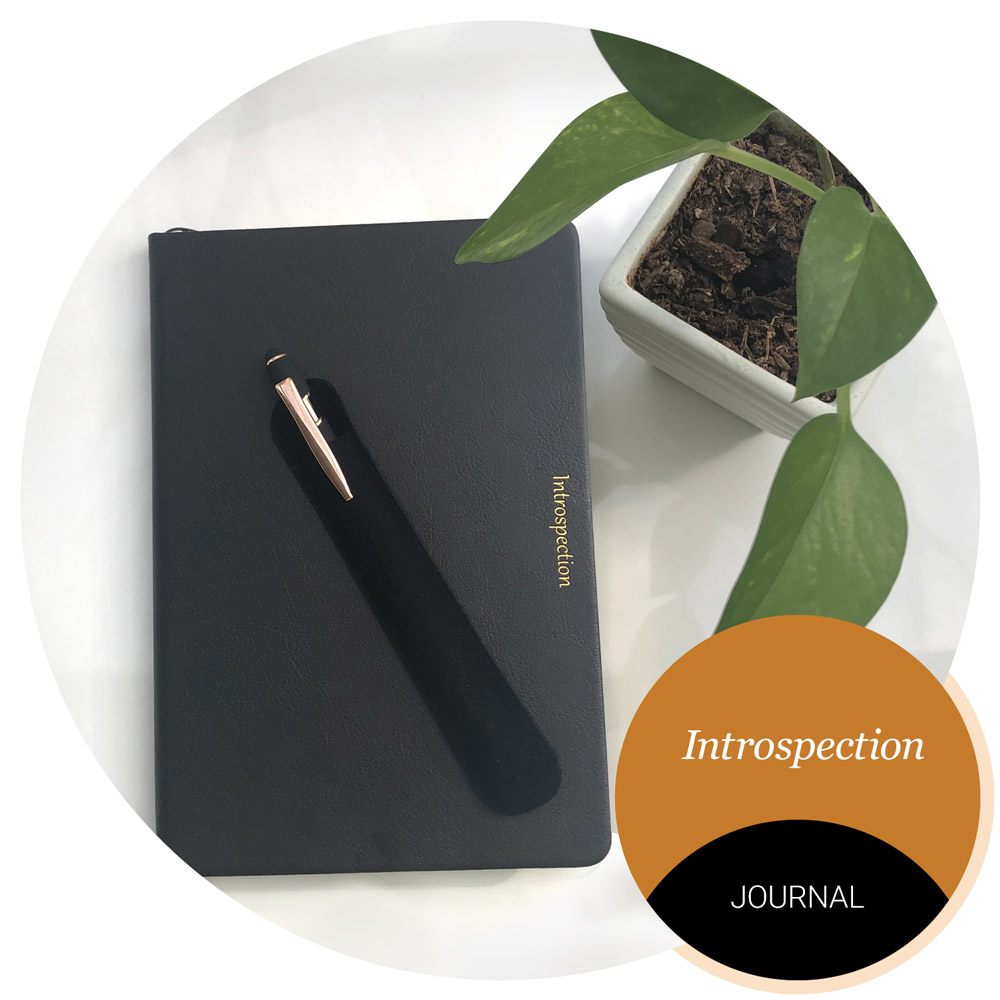10 Benefits of Journaling
These outstanding benefits of journaling show the positive effects of writing on your physical and mental health. Here are the unique benefits of journaling – and the best way to get started.
What Is Journaling?
Remember those days when you’d rush home from school and crash on your bed to pour your thoughts into a handbook? There was tremendous relief in those wide pages.
Most people wrote in their teenage years and then stopped when they grew up.
Journaling has made an enormous comeback. It occupies many spaces on Pinterest boards and makes headlines everywhere. There’s a good reason for this.
Journaling offers many emotional and physical benefits beyond the teenage diary catharsis. It can boost your IQ and help your injuries to heal fast. I bet you didn’t know that.
If you’ve not journaled in a while, here are a couple of unique journaling benefits that will get you back on your feet.
Benefits of Journaling
The following are the 10 benefits of journaling.
1. Understand the Difference Between Passion and Motivation
Organization of thoughts is one of the enormous benefits of journaling. When you journal your ideas, you make them more apprehensible. You can document your thoughts, feelings, and daily events.
2. It Deepens Self-Discovery
Consider yourself a puzzle: you’ll discover a different pattern or piece daily. Journaling provides the benefit of pausing, reconnecting, and rediscovering who you are. You learn your preferences, fears, pain points, dreams, and favorites.
Humans are constantly evolving. By journaling, we listen, witness these changes, and understand ourselves much better than we used to.
3. Journaling Improves Your Writing
Training and improving your writing is one of the benefits of journaling. If you want to improve or practice your writing, there’s no better option than starting a journal.
Yes, your topic may not be perfect. But you don’t need to anyway. Just start documenting your thoughts in your journal. Your writing improves the more you write.
4. With Journaling, You Can Figure Out What Your Next Step Will Be
Write down your feelings and thoughts about a particular situation. I dare say that this is the best step in knowing the right way to proceed. Once you’ve eased the tension, you will discover that your emotions are trying to communicate with you.
Maybe your anger indicates that you need to create boundaries with someone. Perhaps your sadness is nudging you to strengthen your connections.
Seeing your emotions, questions, and concerns in black and white will give you a clearer picture of your needs. In addition, an essential list of pros and cons will give you more insight into the things that your heart desires – much more than just jumbling thoughts in your head.
5. Journaling Helps You to Process Your Emotions
Many people live their daily lives without caring about their emotions – either they do not notice them or push them down. What’s the problem with this? Your feelings will still surface and affect your actions – whether you’re aware of it.
Journaling provides a safe space to process your emotions. However, writing down how you feel reduces your thoughts’ strength. This will make difficult emotions to be less overwhelming and manageable.
6. Set Your Goals and Achieve Them
There’s no better place to write your goals, aspirations, ambitions, and new year resolutions than in a journal.
By journaling your aspirations, you can monitor your progress speed, motivating you to proceed to the next goal.
7. Journaling Reduces Stress and Anxiety
Journaling provides a way to work through your anxiety and worries, ultimately preventing a descent into stress and rumination. When you consider the worst-case scenario, you’ll gain a better perspective on life.
Penning your thoughts on paper will help you to identify beliefs and ideas that induce stress that distorts reality.
8. Give Your Memory a Boost
The human brain can store information written down in a diary. Therefore, your brain will make solid links with information learned after writing them down in a journal. This makes it easier to recall them in the future.
Memory boost is one of the immense benefits of journaling.
9. Journaling Inspires Creativity
Journaling helps unleash creativity. We all have the potential to be creative, only that most of us are yet to discover it.
Your journal helps to explore your inner creativity. Write down what comes to your mind. Leave your imagination to run as wild as possible and record it in your journal.
10. Journaling frees you from negative thoughts
Getting caught up in the usual catastrophic stories becomes just a step away when you begin having negative thoughts or worries. Penning your thoughts will create some distance and space to consider them more objectively.
This distance is referred to as cognitive defusion, a concept derived from acceptance and commitment therapy. The implication is that you’re the context in which your physical symptoms, emotions, or thoughts occur.
If your thoughts aren’t serving you, then there’s no need to believe them. Instead, you can use journaling to separate your thoughts from yourself.
Takeaway
There are many benefits of journaling. A few minutes of daily journaling may help improve your well-being, reduce stress, improve work-life balance, and better understand your needs.
By journaling, you can develop a concrete learning technique for self-discovery and precisely knowing what you need.
The best way to create a habit of journaling is by starting with a few minutes – more, based on your preference. Then, you can explore your worries or write about the present.
The good news is that everything is up to you ultimately.




